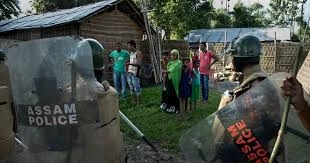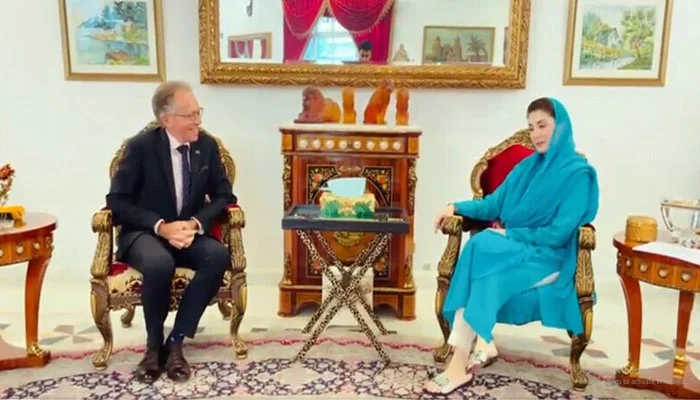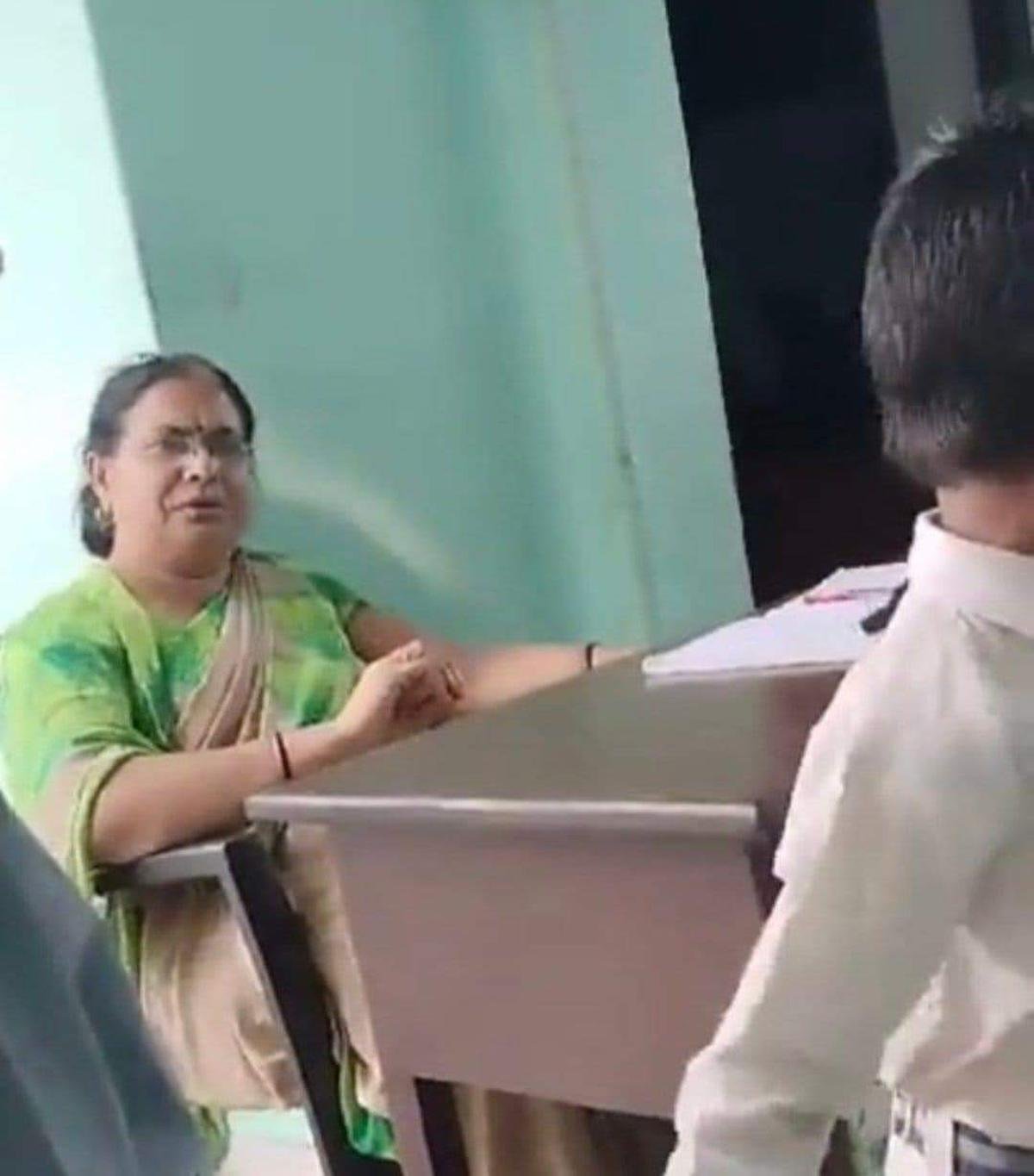Beneath blue tarpaulin shelters in northeastern India’s Assam state, hundreds of Muslim families are living in displacement after being evicted from their homes in a sweeping government crackdown. The mass demolitions come ahead of state elections and are part of what officials claim is a move against illegal settlers on government land.
In recent weeks, thousands of homes—mostly belonging to Bengali-speaking Muslims—have been bulldozed, marking the most intense eviction campaign in Assam in decades. A key flashpoint is the Goalpara district, where families like that of 53-year-old Aran Ali now live in makeshift camps under the scorching July sun.
Assam shares a 262-kilometer border with Bangladesh and has long been a center of anti-immigrant sentiment. Local fears that Bengali migrants—both Hindu and Muslim—could overrun native culture and resources have simmered for years but have escalated under the leadership of Chief Minister Himanta Biswa Sarma from Prime Minister Narendra Modi’s Bharatiya Janata Party (BJP).
Sarma has stated that “unchecked Muslim infiltration” from Bangladesh threatens India’s demographic balance and identity, claiming Muslims may soon make up half of Assam’s population. Since taking office in 2021, Sarma’s administration has evicted around 50,000 people—primarily Bengali Muslims—from over 160 square kilometers of land, with 3,400 homes demolished just in the past month.
These actions have sparked protests and unrest, including the recent killing of a teenager. Critics argue that the crackdown is less about land and more about electoral politics and religious polarization.
“The government repeatedly harasses us. We’re branded foreigners and encroachers, even though we were born here,” said Ali, echoing the frustration of many long-time residents now labeled “illegal.”
The BJP’s efforts align with its broader nationalist agenda, which includes the 2019 amendment to India’s citizenship law that grants legal status only to non-Muslim migrants from neighboring countries. Analysts say that following the ouster of Bangladesh’s pro-India prime minister in August 2024, tensions have intensified, and Bengali Muslims have become more vulnerable to state action and social hostility.
Human rights organizations, including Human Rights Watch, warn that the evictions reflect a broader pattern of discrimination against Muslims in India. Activists report that many individuals declared “foreigners” by tribunals are long-term residents without the financial means to challenge their status.
Opposition leaders have condemned the moves as politically motivated. The Congress party has pledged to rebuild the demolished homes and prosecute those responsible if it returns to power in Assam.
While the Indian government claims 20 million illegal Bangladeshi migrants are in the country, the actual legal status of many affected families remains in dispute. Meanwhile, Assam and other BJP-ruled states have begun forcibly returning some individuals to Bangladesh, further complicating regional tensions.
“The ethnonationalism that had long shaped Assam’s politics has now merged with the BJP’s religious nationalism,” said Praveen Donthi of the International Crisis Group. “The focus has shifted squarely onto Bengali-speaking Muslims.”



